I had some interesting thoughts on how writers come to include foreshadowing in their works. It isn’t always planned.
(Originally posted on Live Journal — Jun. 28th, 2009 at 8:17 AM)
Last night, as I was getting ready for bed, I got an idea for something coming up in my novel. I thought, “Oh, hey, that’s an interesting idea. I’ll write it down in the morning.” Of course, you don’t always remember in the morning things that occured to you late at night, especially just before sleeping. Happily, I remembered that point too. I went back into the living room, turned on the light, went to my desk and got out the notebook where I write down the odd out-of-sequence ideas that come to me about the current work.
I have to say that it is really, really tempting to explain the specifics of what this idea is, because the way it fits in with the story is very satisfying. But, because I think it will make a particular moment in the story even more emotionally powerful, I don’t want to spoil the surprise.
But I do want to talk about it generally.
Part of the thing about this idea that came to me is that it pays off something set up in the early part of the novel. In an early chapter, I introduce something that (at least so far) has never been explained. Within the world of Arveniem, this Something has a very active role in some stories. It’s just that in The Ring of Adonel, it doesn’t. In RofA (as I call it sometimes), this Something doesn’t even come near to do what it is designed to do.
And I have to admit that that has always puzzled me. “Why doesn’t this come up in RofA?” I wondered vaguely, from time to time. On the one hand, there was the possibility of just deleting mention of the special nature of the Something, since it didn’t seem like there was going to be a pay-off inside RofA. Except that the special nature serves as a trigger for something else (in this early incident) that really is important to the story (and the characters outside RofA that will descend from my hero). But it just plain seemed that why it was a matter of concern was not going to be explained in this novel.
For a long time, I just ended up shrugging it off. It was what it was, and if it never got paid off in The Ring of Adonel, that’s just the way it was going to stay. It does have a HUGE pay-off in another story, and I was content with that.
So, when this idea came to me last night, i got excited! “Oooooo! If it gets that pay-off, it will also pay off this second incident over here too! That’s going to be so cool! It’s going to make this particular moment even more powerful!”
(It sucks to have to talk in generalities, because it’s so cool! But I really want to keep it as a surprise.)
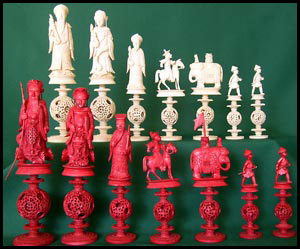 Anyway, the fact that it came together with another incident in the book reminded me of something Dorothy L. Sayers discusses in The Mind of the Maker. The point she makes is that in good writing, all the pieces hold together well, that they all work toward the satisfying end. The example she uses is from Gaudy Night, where two things she needed in the story for different reasons worked together for a more powerful impact. At one point, she needed to have Harriet finally relent toward Lord Peter, and allow him to give her a gift. Because she has been bristling with resentment of gratitude over the fact that he saved her life five years before, she has refused anything that looked like a gift from him. So, when she finally relents, she knows she has to choose something of meaning, something of value. It’s not about the expense of the gift, it’s about whether it is appropriate as a gift: something that will delight her, and something he would be delighted to give. She chooses a set of antique ivory chess pieces, and he is overjoyed to give them. Later, for plot reasons, Sayers needed to have the “villain” of the story destroy something of Harriet’s, in order to show the escalating violence of the Poison Pen culprit that has been harrassing the College. The culprit destroys the chess pieces, so thoroughly that only one pawn remained unscathed. Sayers describes how after the book had been out, she was at a function talking with a reader, and the woman said to Sayers that as soon as the gift was bestowed, she KNEW the chess pieces were doomed. Sayers was much struck by this observation on the part of a reader of a coherence that she as the author was unaware. As noted, the gift was given because Sayers needed to mark a change in the Harriet/Lord Peter relationship. The gift was destroyed because she needed the separate plot incident of the culprit turning on Harriet.
Anyway, the fact that it came together with another incident in the book reminded me of something Dorothy L. Sayers discusses in The Mind of the Maker. The point she makes is that in good writing, all the pieces hold together well, that they all work toward the satisfying end. The example she uses is from Gaudy Night, where two things she needed in the story for different reasons worked together for a more powerful impact. At one point, she needed to have Harriet finally relent toward Lord Peter, and allow him to give her a gift. Because she has been bristling with resentment of gratitude over the fact that he saved her life five years before, she has refused anything that looked like a gift from him. So, when she finally relents, she knows she has to choose something of meaning, something of value. It’s not about the expense of the gift, it’s about whether it is appropriate as a gift: something that will delight her, and something he would be delighted to give. She chooses a set of antique ivory chess pieces, and he is overjoyed to give them. Later, for plot reasons, Sayers needed to have the “villain” of the story destroy something of Harriet’s, in order to show the escalating violence of the Poison Pen culprit that has been harrassing the College. The culprit destroys the chess pieces, so thoroughly that only one pawn remained unscathed. Sayers describes how after the book had been out, she was at a function talking with a reader, and the woman said to Sayers that as soon as the gift was bestowed, she KNEW the chess pieces were doomed. Sayers was much struck by this observation on the part of a reader of a coherence that she as the author was unaware. As noted, the gift was given because Sayers needed to mark a change in the Harriet/Lord Peter relationship. The gift was destroyed because she needed the separate plot incident of the culprit turning on Harriet.
So… this confluence of ideas for me is similar to Sayers’ experience. I needed the Something to have the nature it does for reasons that are actually external to The Ring of Adonel. But there is also an important point about one of the characters that will be enhanced when the explanation of the Something finally does happen. There is a coherence of this creation that I had not anticipated. My instinct that the Something really does belong in this story was correct from the beginning — I just didn’t know the why of it.
I suspect that this is where many creators go astray in creating worlds. They get an idea for something in their world, and put it in. They know it fits, but they don’t know why. So they try to come up with the why, forcing explanations on it. Then they’ve committed themselves to an explanation that later on may not hold up (either within their story or within their world).
It is very, very hard for human creators to accept the inexplicable. “I don’t know why this is here, but it belongs here.” Nobody really wants to admit that, because it sounds like you don’t know what you are doing. Even though you KNOW the “rightness” of the presence of that inexplicable item. Outside readers (when the work is still in process) keep expecting your encyclopediac explanation of what this thing actually is, and why it should be present in this story.
But creativity doesn’t work that way. Sometimes you get ideas that just feel right, that feel like they are part of the weaving of the story, the weaving of the world, even though you don’t know why. The why may come a long time later than the initial idea. The creator just has to trust his or her sense of “rightness” in the face of the inexplicable.
ORIGINAL COMMENTS (ON LIVE JOURNAL)
calimac wrote: (Jun. 28th, 2009 09:19 am (local))
the woman said to Sayers that as soon as the gift was bestowed, she KNEW the chess pieces were doomed.
So how much more surprising and interesting a story it would have been if they weren’t?
scribblerworks wrote: (Jun. 28th, 2009 10:35 am (local))
How surprising would it have been if the chess pieces had not been destroyed? Not very, I think. But it also would not have been “more interesting”.
The thing is, I don’t think the reader’s intuition that the chess pieces were doomed was a case of “predictability” of the sort that is lame, cliched invention. It is, rather, a leap of the engaged imagination. The impact of the destruction of the pieces in the story carries so much more weight – Harriet’s initial reaction is “I loved them, and you gave them to me!” And it says so much about how far she still has to go in understanding to reach the point where she is ready to commit to the relationship. And Lord Peter remarks on it. It adds a layer to their relationship and the issues Harriet is dealing with.
If the culprit had destroyed something else of Harriet’s, it would not have had the same effect. Destroying Harriet’s own scholarly paper would just have been a repeat of the attack on her former tutor. And Sayers was too good a writer for that kind of redundency. There was nothing else available as target, at least nothing that had any significance for the reader or for the story.
I know from experienc the kind of “I just KNEW” reaction Sayers’ reader was describing. I’ve had such myself. Most notably when I was reading Patricia McKillips Riddlemaster books. [If folks have not read the trilogy THIS IS A SPOILER! YOU HAVE BEEN WARNED!] I got to the end of the first book, with Morgon captured, betrayed to Ohm by Deth, and when Deth tells him (after Ohm has declared that he is the High One), “I am his harpist.”
The final paragraph was the perfect ending —
“No,” he [Morgon] whispered. “Oh, no.” Then he felt the word well up from some terrible source, tear out of him, and the barred doors of the High One’s house split from top to bottom with the force of that shout.
As I read that last sentence, the revelation flashed through me that I KNEW that Deth was actually Yrth — a fact that would not be revealed until late in the third book. But knowing that thing did not undermine the power of the story — it increased it. It made me excited to read the story to get to the confirmation of the revelation.
It is an intuition based on meaning, not on plot predicability. Sayers’ reader did not know HOW the doom would fall, and that made the intuition exciting and enjoyable to her. But if the destruction came because of mere plot reasons (and I’ve read too many stories where such things happen because the plot requires it and no other reason), the predictablility of it is indeed uninteresting. There’s a lack of engagement when meaning is left out of the equation.
In fact, I can point to a specific example of where the author does turn away from the “predictable” ending. At the end of Eddings’ Belgariad, Polgara’s ordinary, mortal true love is killed, and the possibility of his resurrection is given to her. She begs for his return, and offers to give up her powers and immortality for his return. He is revived — BUT not only does she NOT lose her powers and immortality, HE is given powers and immortality!
That. Was. So. Wrong. It offended my story sensibilities, because it meant that the Good Guys achieved their victory At. No. Cost. To. Them. And it totally destroyed my enjoyment of the whole story. It was a cheat.
There are times when going against the “I just know” impulse really is the wrong thing.
What storytellers really want are surprises that when you get on the knowing side of them, you look back on the story and go “Oh! NOW I see how it fits in! Yes!”
(Heh. I think you touched a passion point for me. 😀 )
calimac wrote: (Jun. 29th, 2009 11:11 pm (local))
How very strange that you should cite that moment from McKillip, as I would name it the worst and most nonsensical moment in all her otherwise excellent work. Only Darth Vader saying “Luke, I am your father” surpasses it as a gigantic authorial CLANG.
I’ve been trying to forget about that for 30 years. Thanks for reminding me.
scribblerworks wrote: (Jun. 29th, 2009 11:47 pm (local))
How fascinating!
Huh. Interesting. Because I had that intuitive leap forward at first reading, I suppose I’ve never stopped to look at it more objectively. I was certainly thinking from the beginning of how some of her names were too obviously “portentious”.
Structurally speaking, it is a necessary moment of (apparent) betrayal, and has to have weight. But yes, looked at more objectively (pulling off that intuitive coloring), Deth’s delivery of the news and his attitude about it is far more … casual? than it ought to be, thus making Morgon’s reaction overly extreme.
Huh. You’ve given me something to think about. 😀
calimac wrote: (Jun. 30th, 2009 07:39 am (local))
“Necessary”? BS.
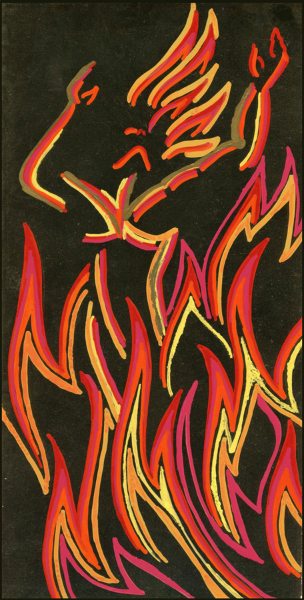 The key story from the mythology of Arveniem for my novel The Ring of Adonel (which I’m still working upon) involves the wounding of Adonel Aelianus and the consequent making of the Sun.
The key story from the mythology of Arveniem for my novel The Ring of Adonel (which I’m still working upon) involves the wounding of Adonel Aelianus and the consequent making of the Sun.
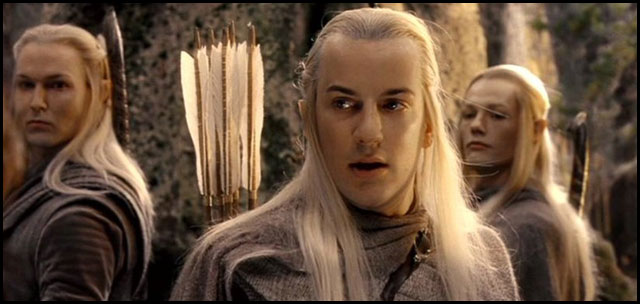
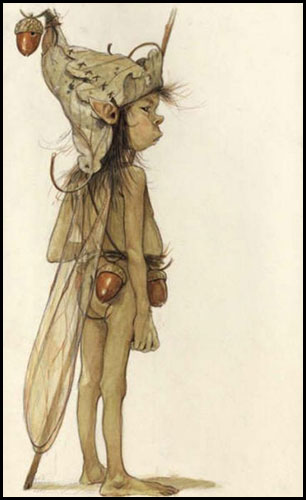
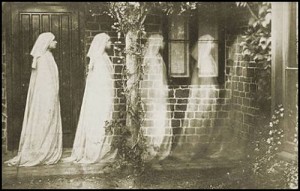

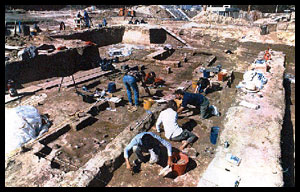
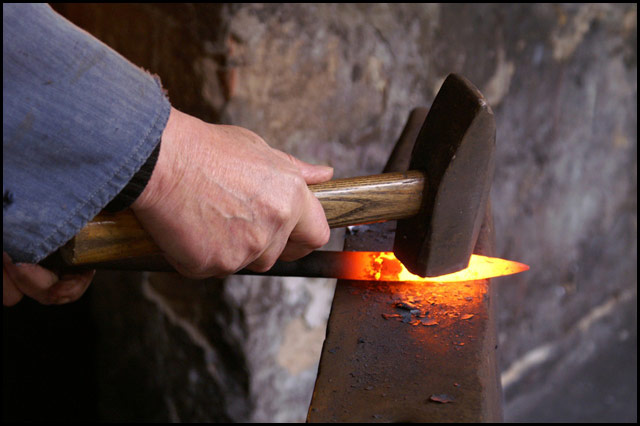
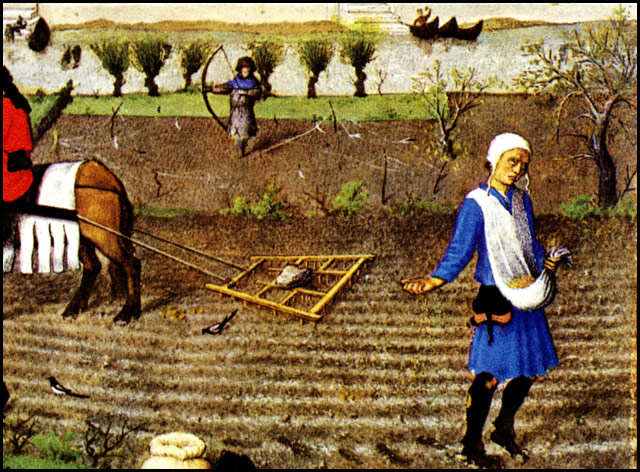
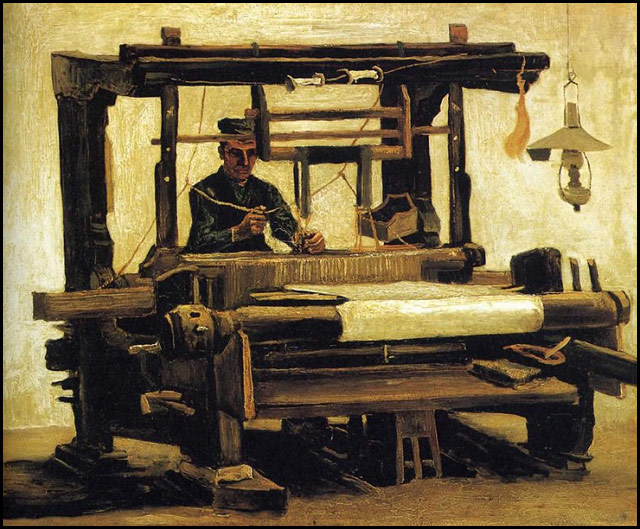
 One of the things about creating a totally new fantasy world is that you don’t want it to sound too much like “this world”. And I certainly didn’t want to sound like I was copying Tolkien bit for bit.
One of the things about creating a totally new fantasy world is that you don’t want it to sound too much like “this world”. And I certainly didn’t want to sound like I was copying Tolkien bit for bit.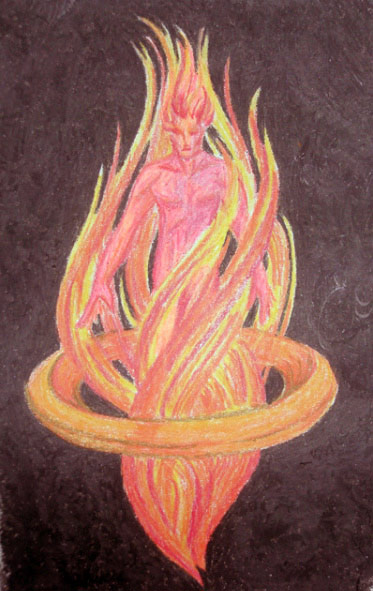 I recently completed a chapter of The Ring of Adonel that had a goodly share of exposition (this is chapter 14). Not only that, when I got into the writing, I realized that what on the outline was supposed to be one chapter was going to have to be split into two. Part of it was that I had underestimated the time it would take the characters to get from Point A to Point B (as in averaging about 25 miles a day), so I had to write in stuff to fill the time (things that would happen anyway, I just thought some of it would be later).
I recently completed a chapter of The Ring of Adonel that had a goodly share of exposition (this is chapter 14). Not only that, when I got into the writing, I realized that what on the outline was supposed to be one chapter was going to have to be split into two. Part of it was that I had underestimated the time it would take the characters to get from Point A to Point B (as in averaging about 25 miles a day), so I had to write in stuff to fill the time (things that would happen anyway, I just thought some of it would be later).